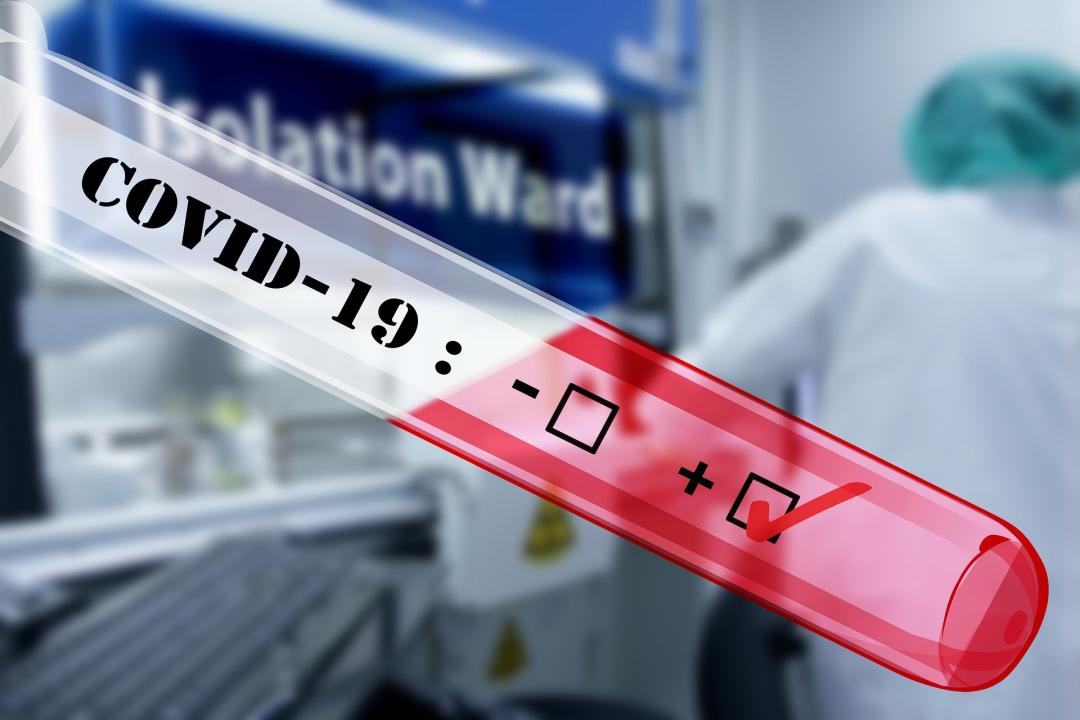
Covid-19 update in South Caucasus

Armenia
On 26 April, the Armenian Health Minister Arsen Torosyan did not rule out the possibility of further liberalization for emergency mode introduced due to coronavirus. Referring to scientific research on the example of the Spanish flu epidemic that took place around the world 100 years ago, Torosyan explained that a longer quarantine was more beneficial for states than vice versa. "In other words, the situation [today requires]… we suffer [economic] damage but save lives [which] is more important for tomorrow's good economic results than vice versa," he said.
Last Tuesday, Torosyan called for “additional efforts” to slow the spread of coronavirus in Armenia after authorities reported the highest daily increase in infections in more than two weeks. He said that official statistics for the last several days indicate a “steady” rate of new infections standing at 3-4%. “Especially worrying are recent days’ cases [of infection] among healthcare workers at medical centers in Yerevan and [other] regions,” he added.
On 23 April, Armenia's Vice-Premier and the commandant for the state of emergency in Armenia Tigran Avinyan lifted the restrictions on intra-regional movements in the country and eliminated checkpoints set in the country but announced new forms of restrictions. “We will concentrate efforts on tightening control over other restrictions. We will be guided by the logic of establishing special regimes related to the risk of spreading infection in individual communities,” he said.
Avinyan said that temporary restrictions on certain types of economic activity have been lifted, in particular, in the field of processing industry, wholesale and retail trade, car and motorcycle repair, information and communications, real estate, administrative activities, and other types of services.
The current tally of infected persons in Armenia stands at 1808 with 29 reported deaths.
Azerbaijan
The Azerbaijani government decided to soften restrictions from 27 April under the special quarantine regime. In particular, the reception of citizens at ASAN Xidmet centers will begin by pre-registering online through the ASAN mobile application, website and call centers of the service.
In addition, activity was resumed in the following areas of work and services: 1) individual instruction and tutoring, 2) stationary sales of books and newspapers, 3) cleaning services in individual apartments, 4) reopening of stores selling cosmetics and perfumes, clothes, shoes, leather goods, gold and other jewellery, pawnshops, 5) repair shops for mobile devices and computer equipment, 6) flower stores, 7) agricultural machinery stores.
At the same time, the government did not rule out the possibility of reinforcing the quarantine regime. “In case of a repeated increase in cases of coronavirus infection, the Operational Headquarters under the Cabinet of Ministers may again decide to tighten the quarantine regime,” said Azerbaijan Prime Minister Ali Asadov.
The country’s Economy Minister Mikayil Jabbarov stated that the pandemic has caused enormous damage to Azerbaijan’s economy, with daily losses of 120-150 million manat. He also promised state support to entrepreneurs in April and May in the form of credit and tax breaks.
The current tally of infected persons in Azerbaijan stands at 1678, with 22 reported deaths.
Georgia
The Georgian government started lifting the restrictions of economic activities in the country. According to the plan presented on 24 April, the Georgian economy will gradually open in a step-by-step process over the next three months. The first stage will include allowing driving private cars, e-commerce, delivery services and open-air markets.
The Georgian opposition criticized the government plan. One of the leaders of Lelo for Georgia, Badri Japaridze disapproved of the plan, saying the money allocated for people who lost their jobs ‘is not enough’. The leader of European Georgia, Giga Bokeria considered that the government’s anti-crisis plan is ‘late, non-transparent, full of harmful ideas and inadequate’. Bokeria noted that this plan does not promise the tax cutbacks as well as the reduction of pressure on citizens and entrepreneurs. He added that the European Georgia would continue its campaign for the return of pension savings. Calling the government’s anti-crisis plan ‘propagandistic’, the United National Movement member Roman Gotsiridze said the government should have introduced its plan to the parliament before the approval.
The current tally of infected persons in Georgia stands at 496, with 6 reported deaths.
See Also


Armenia Records 5.9% GDP Growth in 2024, Missing 7% Goal

Yerevan Balances Strategic Ties with Both US and Russia, Says Foreign Minister

FM Mirzoyan: Peace Deal with Azerbaijan Is Within Reach

Pashinyan and Erdogan Hold Call, Reaffirm Commitment to Ongoing Dialogue

